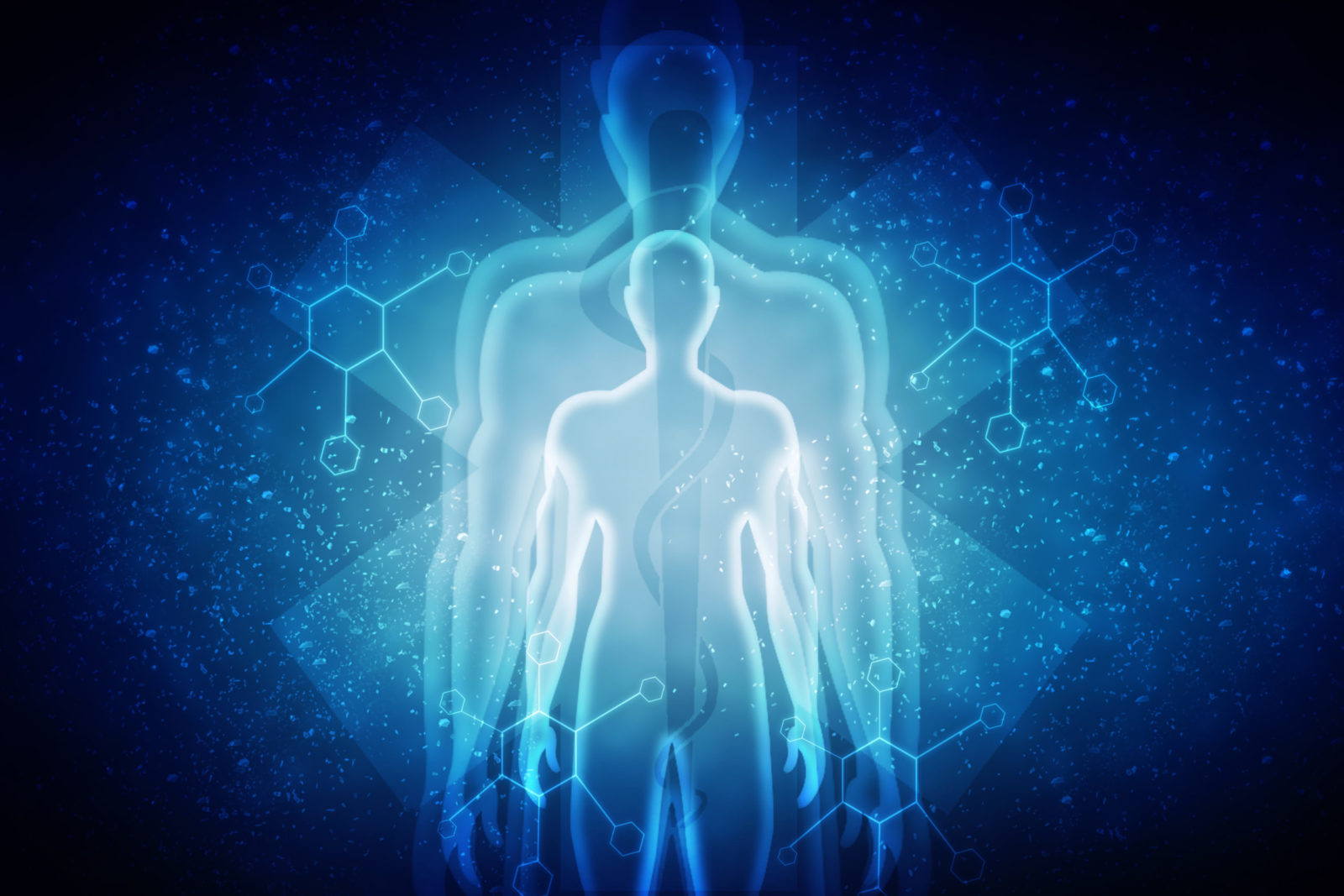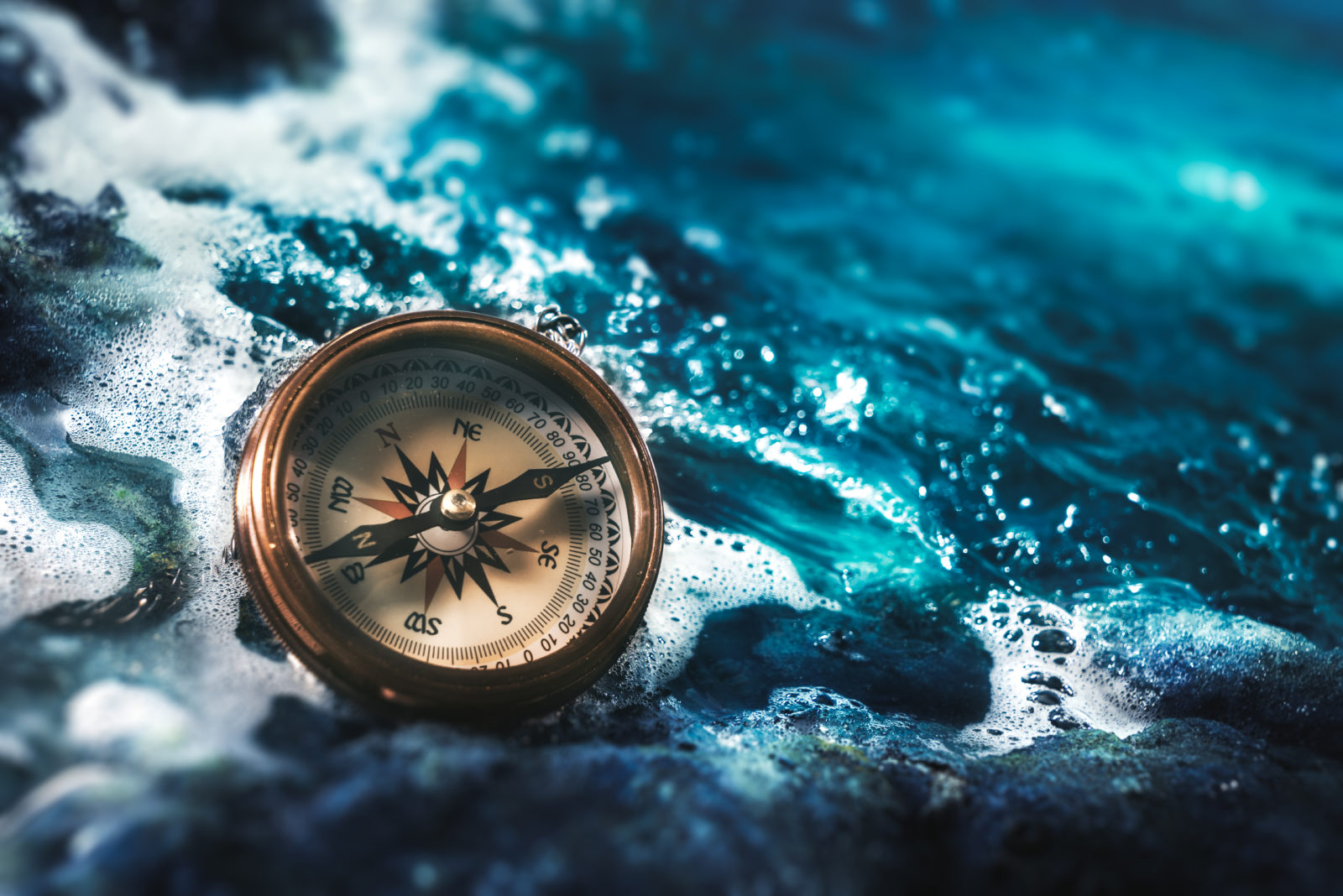

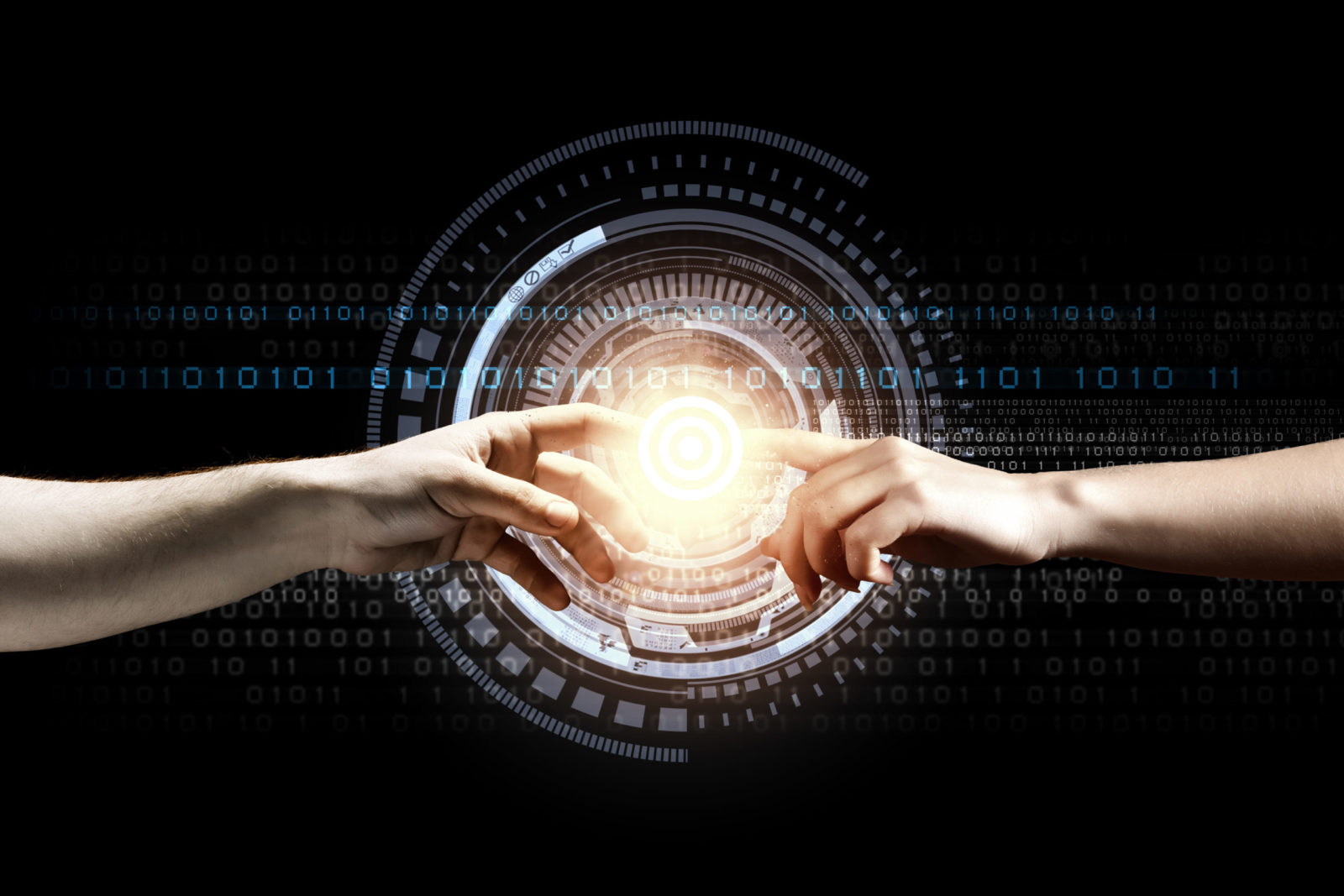
What Does It Mean to Be Human in an Age of Artificial Intelligence?
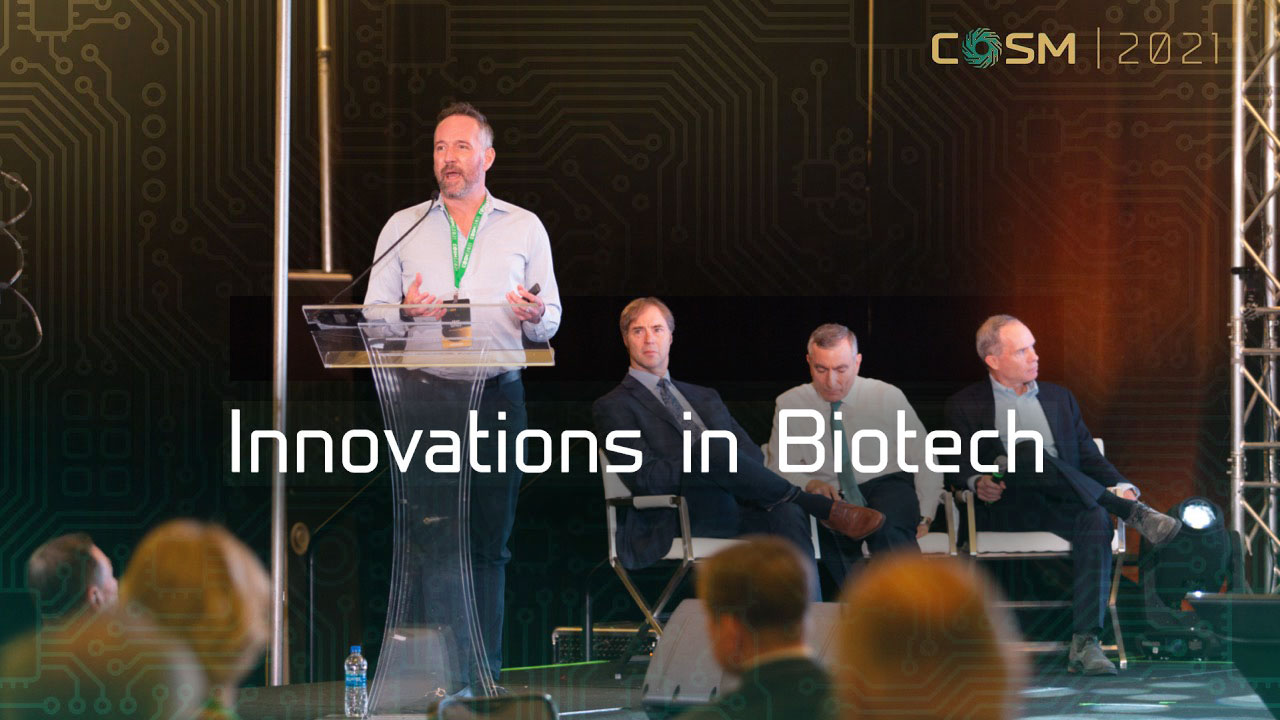
Innovations in Biotech
Matt McIlwain, Managing Director of Madrona Venture Group, moderates a panel on exciting innovations in biotech that are offering new ways to both eliminate diseases and extend life. Panelists include Dr. Steve Meyer, Director of Discovery Institute’s Center for Science and Culture, and Dr. Jim Tour, Professor of Chemistry at Rice University.
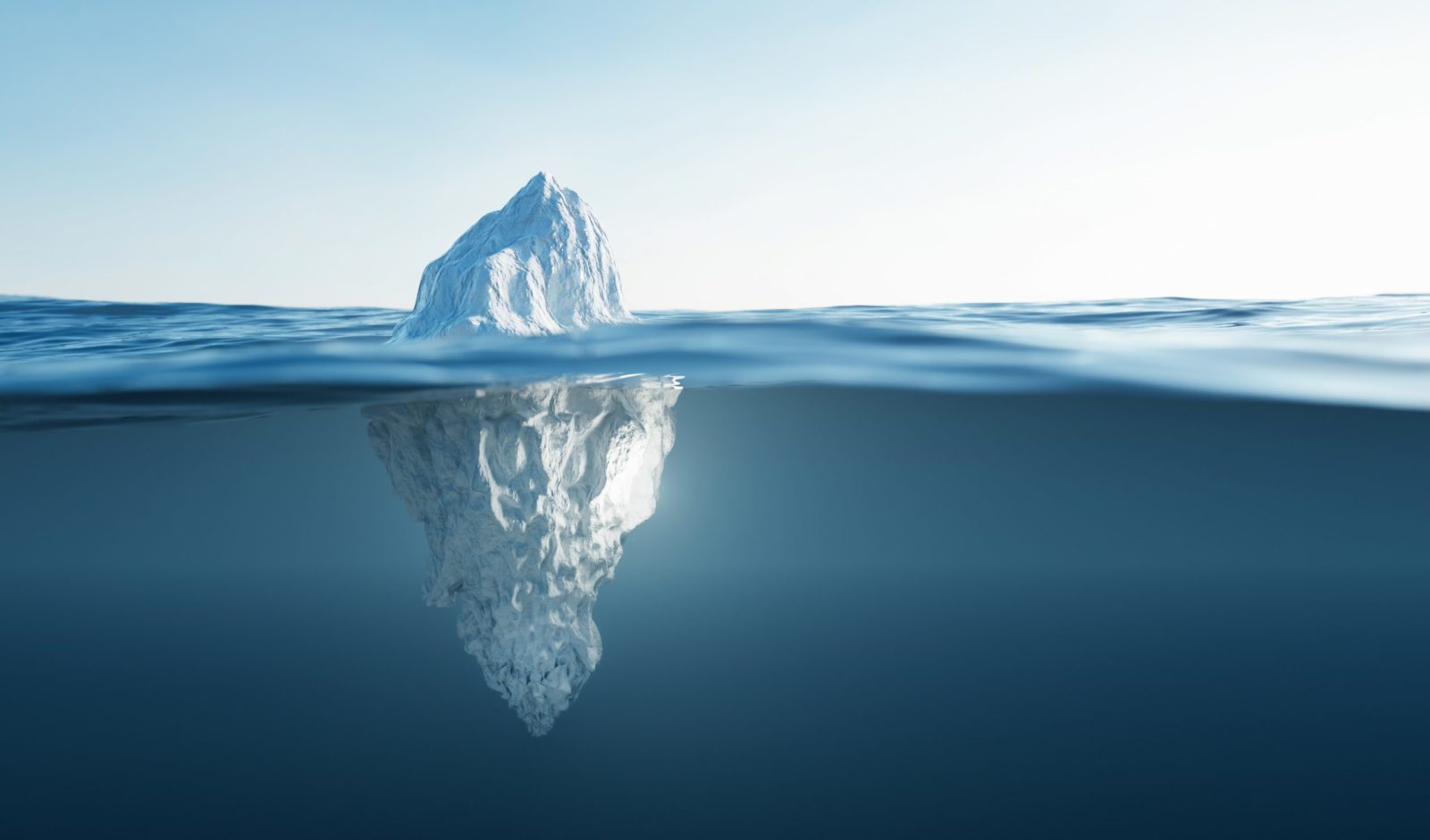
Debunked Transitional Fossils Just the Tip of the Iceberg
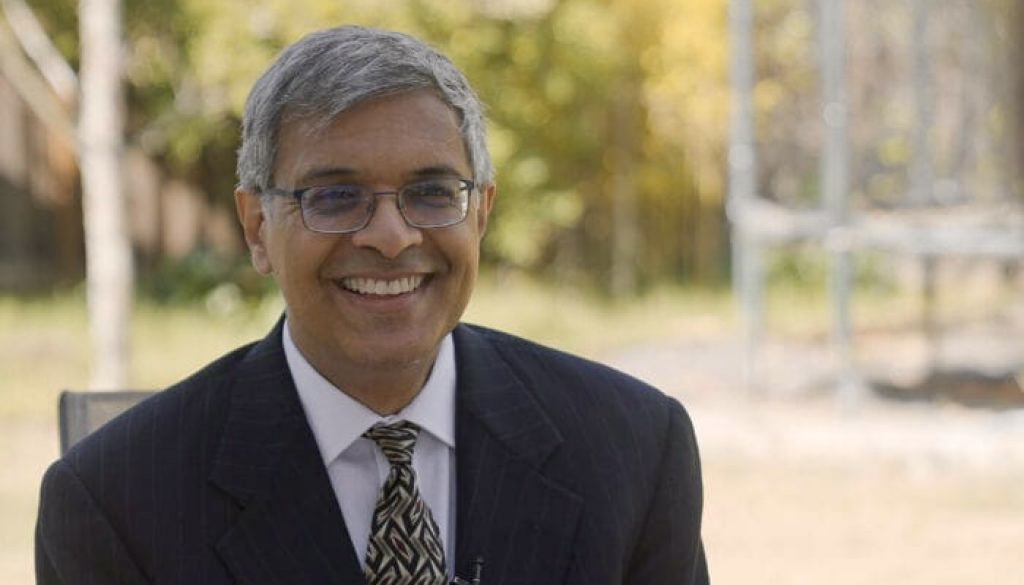
Dr. Jay Bhattacharya on COVID-19, Authentic Public Health, and the Biosecurity State
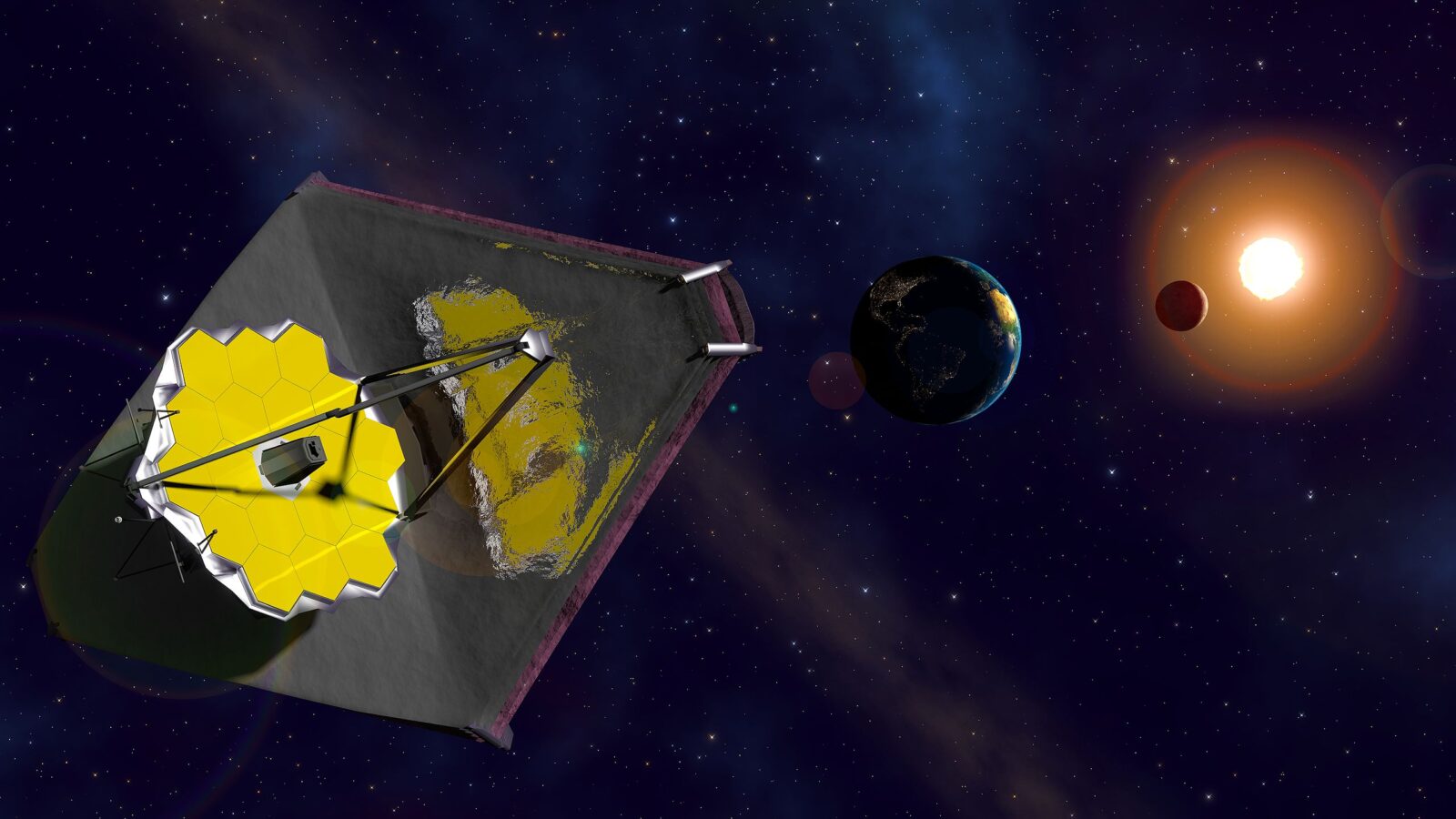
Bijan Nemati on What the James Webb Telescope May Discover

Dr. Jay Bhattacharya on COVID-19, Authentic Public Health, and the Biosecurity State
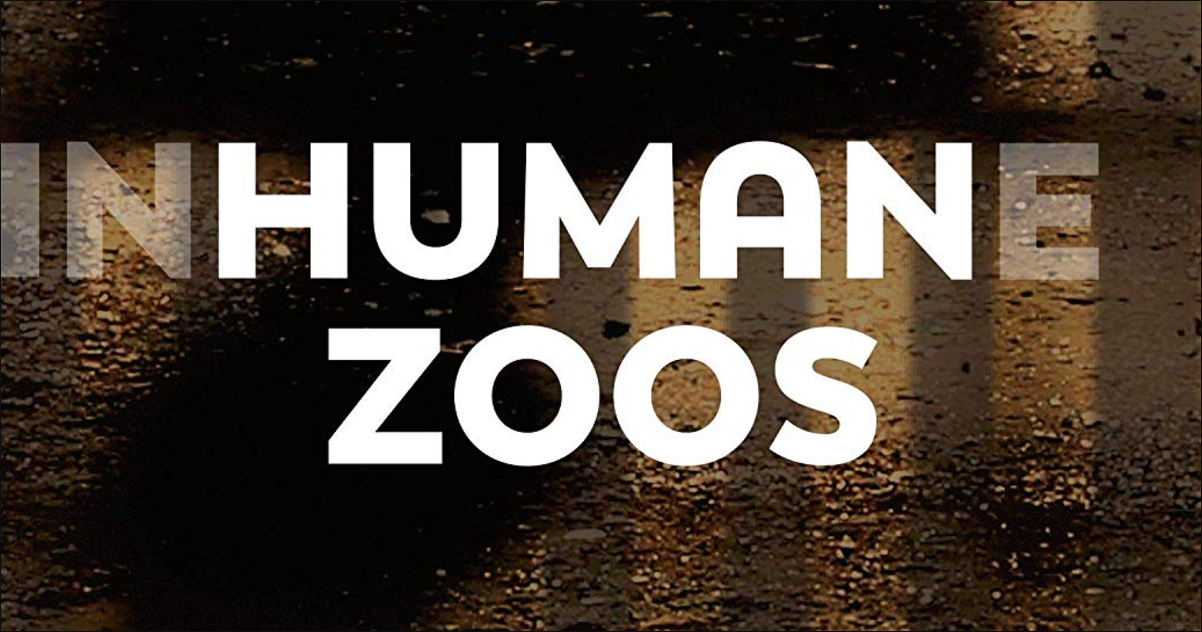
The Dangers of Totalitarian Science, Pt. 2

Legalizing ‘Medical Aid in Dying’ Normalizes Suicide
